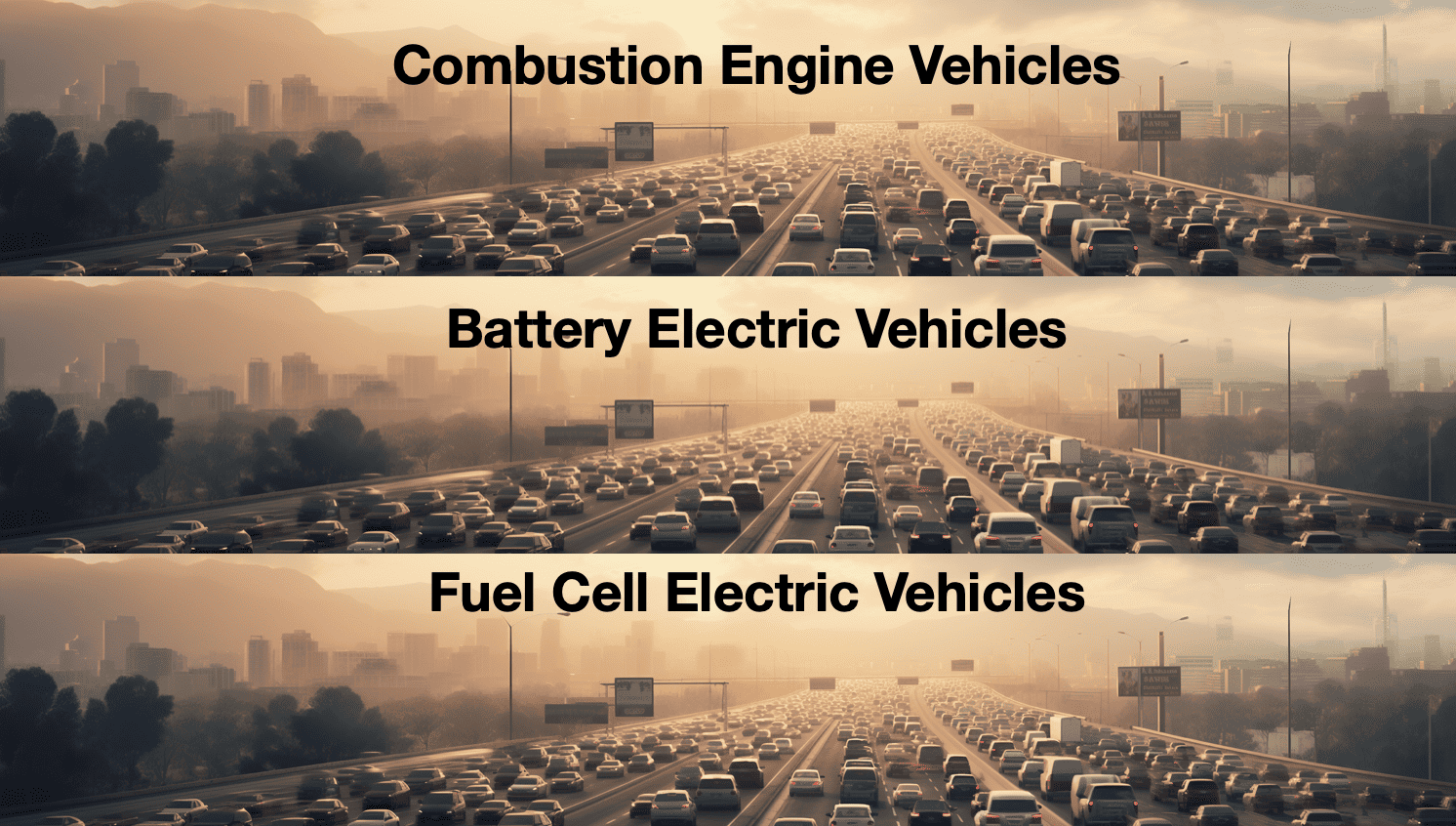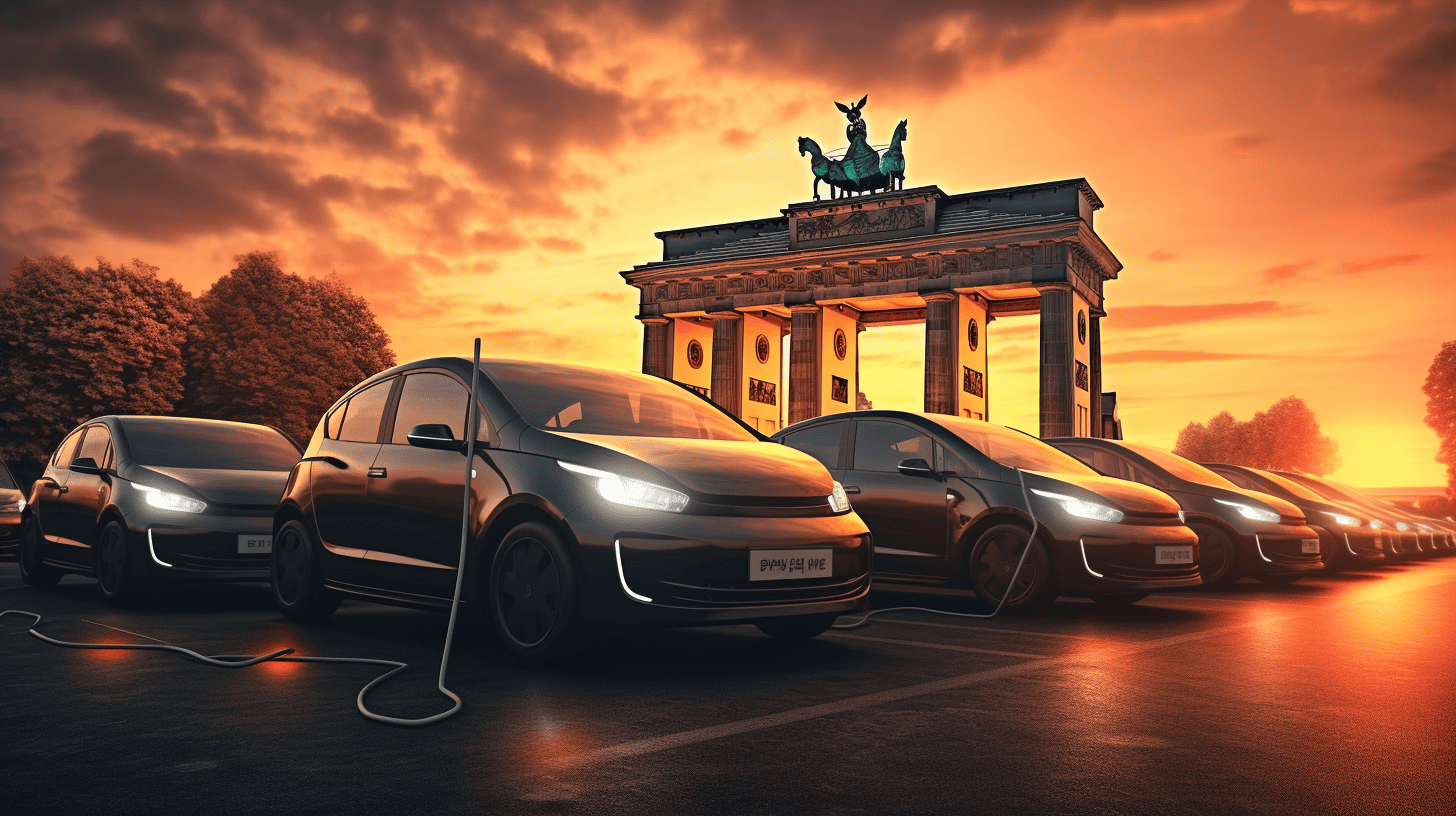
Are you an evil person? Then you probably still drive a combustion engine, fly to your vacation destination at least once a year, and eat meat. Conversely, only vegans, vacation cyclists, and electric car drivers are good people.
According to the above definition, the author of these lines belongs to the bad people. He also likes to look at the flip side of the coin. So although he runs a portal for electromobility, he thinks that electromobility is by no means the bee’s knees, that simply replacing combustion engines with electric cars is not a solution, and looking beyond the end of one’s nose is one of the most important characteristics of not just journalists but also scientists.
If scientists dare to question electromobility as the only solution to traffic and climate problems, things get more turbulent.
Because that naturally goes down extremely badly in the eco-bubble, the “electric vehicle-only extremists” (Gill A. Pratt, Toyota), because as I said: either you’re a bad person or you’re one of the good guys. There are no shades of gray here.

Story hour
Among the “good guys,” an attitude often (but not always) prevails that could best be described as “uncompromisingness.” Life, one gets the impression, needs no compromises. Anyone who leaves the path of pure virtue, even if they are a member of the “good guys,” is mercilessly reprimanded and – especially in social media – even sometimes ostracized or blocked.
Arguments are often difficult for the “good guys.” They like to bend reality like Steve Jobs, whose Reality Distortion Field was legendary. Care for some examples?
Energy policy
The switch to electric cars is no problem. Electricity, especially when it comes from the socket, is available in sufficient quantities. Now, at least for Germany, this is no longer true without restrictions. The electricity shortage could actually become apparent in the future if many more electric cars are charged at the same time in the evening. Then, as the Federal Network Agency just explained, energy suppliers should be able to remotely switch off wall boxes and even heat pumps.
Emissions
The electric car is cleaner than the combustion engine in any case. That may be true for Scandinavian countries and France, where electricity generation rarely rises above 80 g of CO2 per kilowatt hour produced. But in Germany, where coal-fired power is currently experiencing a renaissance, this claim is becoming increasingly difficult to prove, especially when you know that at peak times, more than 13,000 tons of coal per hour are burned to generate electricity. Let’s be clear: this is not the fault of the electric vehicle, but of bitter reality.
Battery-electric vehicles run only on renewable energy
But, you will now say, electric vehicles are predominantly powered by renewable energies. At least in Germany, the charging providers boast about this. Unfortunately, it’s like the Prosecco Gate a few years ago. There, too, more bubbly of a certain region was offered than could possibly have been produced. Although electric vehicles could be charged with green electricity, it would be lacking elsewhere – the average is what counts.
Range anxiety et alia
And then there is the famous range anxiety, which, according to the fan bubble, no longer exists. It’s not a problem because the average commuter in Germany only drives about 30 kilometers a day. So the car would only need to be charged once a week. As is the case with the average, there’s also the other perspective, such as people who drive for a living and cover hundreds of kilometers a day. The old saying applies: time is money. And even multiple daily chargings at the high-power charger results in forced long breaks – especially in winter.
Raw materials
There are enough raw materials for electromobility. Here, too, I would like to make the small and insignificant objection that this is true, but the supply of lithium, cobalt, copper, and nickel nevertheless causes evil mining companies to violate the ecology here and there. Plus, a dramatic increase in mining is needed to produce millions and millions of electric vehicles worldwide in the future. And yes: oil production is also dirty and leads to ecological disasters of biblical proportions. But “whataboutism” is hardly effective but often used as an “argument.”
All this, and much more, the electric vehicle fans do not hear gladly and react with sometimes harsh comments in social media or forums. RDF, after all.
So it’s no wonder that many electric cars in Germany are actually second cars. The combustion engine is kept in reserve. You never know.
Conclusion
You can look at it from whatever angle you like; by the above definition, we are all bad people. But instead of pointing fingers, we should start acting pragmatically. Pragmatism, however, requires compromise.








